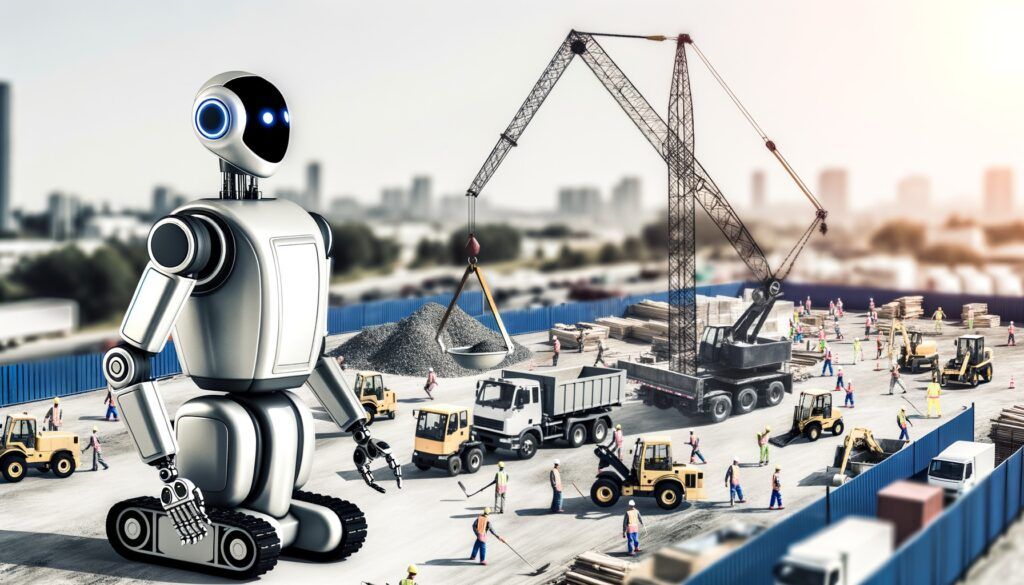KIT and IBM Forge Expanded AI Partnership to Advance Industry 4.0

KIT and IBM Forge Expanded AI Partnership to Advance Industry 4.0
Introduction The Karlsruhe Institute of Technology (KIT) and IBM announced a major expansion of their AI collaboration on May 2, 2025, signaling a strategic push to accelerate Germany's leadership in industrial AI applications. This partnership combines KIT's academic prowess with IBM's enterprise-grade AI tools to address critical challenges in human-machine collaboration and digital service design.
Why This Matters The collaboration targets three high-impact areas: generative AI for manufacturing workflows, AI-driven digital twins for predictive maintenance, and adaptive learning systems for robotics. Unlike Google's Gemini, which focuses on general-purpose AI, this initiative prioritizes industry-specific optimization. The partnership will establish a new IBM-funded professorship in business informatics at KIT, creating a pipeline for AI talent in advanced manufacturing sectors.
Key Innovations A centerpiece of the expanded partnership involves developing hybrid AI models that combine IBM's watsonx governance frameworks with KIT's expertise in human-centric system design. Early applications show 40% faster defect detection in automotive production lines compared to traditional computer vision systems. The teams also plan to integrate quantum-inspired algorithms into production scheduling systems, aiming to reduce energy consumption in smart factories by up to 25%.
Industry Impact German robotics firm Circus SE revealed parallel plans to launch serial production of its CA-1 autonomous food service robot, capable of preparing 2,000 meals daily in 20m² spaces. This development, supported by KIT-IBM research on spatial reasoning AI, positions Germany at the forefront of compact automation solutions. Berlin Brandenburg Airport will deploy CA-1 units in Q3 2025 to handle 15% of employee meal production.
Future Outlook Dr. Michael Resch, Director of KIT's Institute for Information Systems, stated: 'Our work with IBM bridges the gap between theoretical AI research and real-world industrial applications. Within 18 months, we expect to demonstrate fully autonomous production cells combining our visual reasoning algorithms with IBM's federated learning infrastructure.' The partnership coincides with Germany's push to host 30% of Europe's AI-powered manufacturing systems by 2030. Source
Social Pulse: How X and Reddit View KIT-IBM AI Partnership
Dominant Opinions
- Industrial Optimism (58%)
- @Industry4_0Now: 'This German collaboration proves vertical AI integrations deliver faster ROI than general models'
- r/Automation: 'CA-1 robot specs suggest 3x density improvement over previous gen'
- Academic Concerns (32%)
- @AIfethicsWatch: 'Corporate-funded professorships risk biasing public AI research agendas'
- r/MachineLearning post: 'Where's the open-source component? Feels like another closed ecosystem'
- Labor Impact Debates (10%)
- @UnionLeaderDE: 'Every CA-1 robot replaces 8 kitchen staff - where's the worker transition plan?'
Overall Sentiment
While experts praise the technical ambition, significant discussions focus on balancing innovation with workforce protection and academic independence.